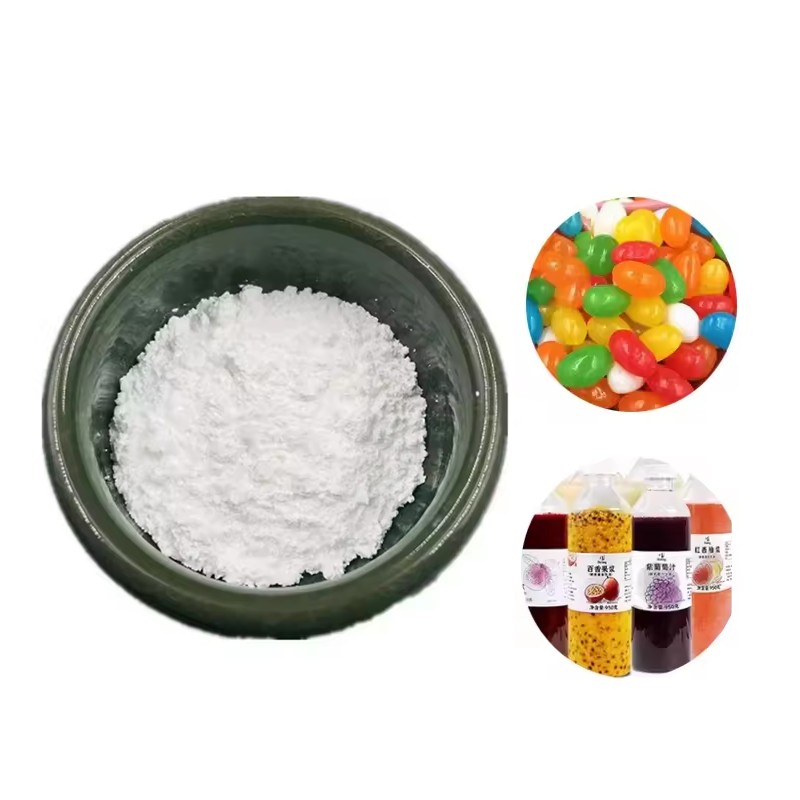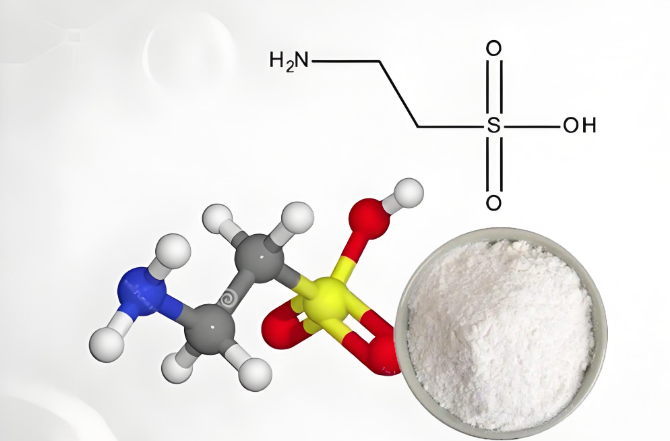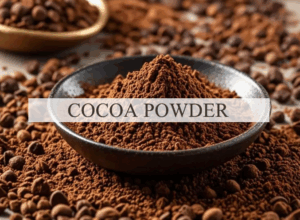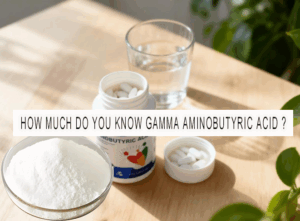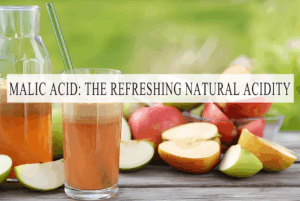Taurine, a sulfur-containing amino sulfonic acid, has been gaining attention in the health and wellness world for its diverse roles in human physiology. While often associated with energy drinks, this compound plays far more significant roles in supporting overall health. Let’s dive into what taurine is, its benefits, common uses, potential side effects, and more, addressing key questions like “what does taurine do” and “is taurine bad for you.”
What Is Taurine? Meaning and Basics
Taurine, chemically known as 2-aminoethanesulfonic acid, was first discovered in ox bile in 1827, hence its name from the Latin “taurus” (meaning bull). Although classified as an amino acid, it differs from typical protein-building amino acids as it doesn’t form part of proteins. Instead, it acts as a vital signaling molecule and modulator in the body.
Natural Sources of Taurine
Animal-Based Foods: Beef, pork, chicken, turkey, fish (especially shellfish like oysters and scallops), and dairy products like milk and cheese are rich sources.
Human Body Production: The liver and kidneys can synthesize taurine from two amino acids, methionine and cysteine, with the help of vitamins B6 and C. However, certain individuals—such as vegans/vegetarians, premature infants, or those with metabolic disorders—may have lower levels and benefit from supplements.
Benefits of Taurine: Why It Matters for Your Health
- Improves Heart Function: Studies in individuals with heart failure show taurine supplementation can enhance ejection fraction and reduce symptoms like fatigue and shortness of breath
- Lowers Blood Pressure: By regulating calcium levels in vascular smooth muscles, taurine helps relax blood vessels, contributing to healthy blood pressure levels
- Reduces Cholesterol: It may inhibit cholesterol synthesis in the liver and promote its excretion, improving lipid profiles.
- Increased Endurance: Taurine boosts oxygen utilization and reduces lactic acid buildup, delaying muscle fatigue during high-intensity workouts.
- Muscle Protection: Its antioxidant properties help minimize exercise-induced muscle damage and soreness, aiding recovery.
- Hydration Support: By regulating electrolyte balance, taurine helps maintain optimal fluid levels in cells, crucial for prolonged physical activity.
- Neuroprotection: It shields neurons from oxidative stress and inflammation, potentially slowing age-related cognitive decline.
- Meeleolu reguleerimine: Taurine influences the release of neurotransmitters like gamma-aminobutyric acid (GABA), which promotes calmness and may alleviate anxiety symptoms.
- Memory Enhancement: Animal studies suggest it supports synaptic plasticity, the basis for learning and memory formation.
- Retina Protection: It helps maintain the structure of retinal cells and protects against light-induced damage, reducing the risk of age-related macular degeneration.
- Dry Eye Relief: Supplementation may improve tear production and quality in individuals with dry eye syndrome by enhancing ocular surface stability.
- Enhancing white blood cell activity
- Modulating inflammatory responses
- Protecting immune cells from oxidative stress
- Enhancing blood flow to reproductive organs
- Supporting hormone balance
- Improving erectile function in individuals with vascular issues
Is Taurine Bad for You?
Who Should Avoid Taurine?
- Pregnant/Nursing Women: Limited research on safety; consult a doctor.
- Individuals with Kidney Disease: High doses may worsen symptoms.
- Those on Prescription Medications: To avoid potential interactions.
Taurine is much more than an ingredient in energy drinks. It is a versatile compound with significant benefits for heart health, athletic performance, brain function, and more. Whether you get it through a balanced diet (rich in animal protein) or a high-quality supplement, understanding its uses and limitations is key to safely realizing its benefits.
Remember: despite the many benefits of taurine, individual needs vary greatly. We strongly recommend starting with moderate amounts, prioritizing quality supplements, and always consulting a professional healthcare provider for personalized guidance when in doubt. Following scientific principles and combining your body’s needs, taurine has the potential to become an important part of your healthy lifestyle.
As a chemical manufacturer with more than ten years of experience, our products strictly follow multiple international certification standards such as ISO 9001, HALAL, KOSHER and HACCP to ensure product quality and safety. If you have further needs or questions about high-quality taurine products, please feel free to contact us.

